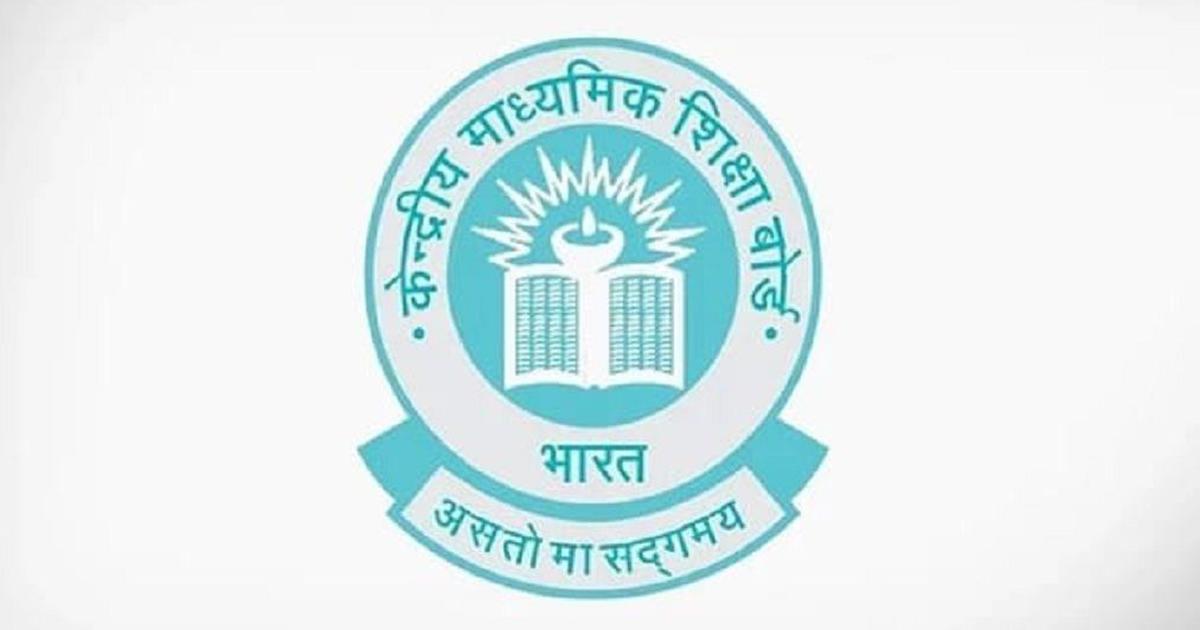On December 1, the Central Board of Secondary Education (CBSE) term 1 board examination for major papers commenced. The first paper was that of Sociology, a humanities subject that not many educational institutions have acquainted themselves with. Every student was a ball of nerves until they read the question paper and their nervousness subsided a few degrees. No question sounded foreign for it was all from within the NCERT textbook of Sociology prescribed by CBSE itself.
But what came as a shock a few hours later was a public apology issued by the CBSE, proclaiming that a particular question asked in the question paper was “inappropriate” and that it was an error on its part for which it takes full responsibility. CBSE also promised “strict actions” against the “responsible persons”.
The question that made quite this stir was a rather simple one, with no connotations as alleged by the CBSE that “could harm sentiments of people based on social and political choices” whatsoever. It read:
“The unprecedented scale and spread of anti-Muslim violence in Gujarat in 2002 took place under which government?”
This was all it took to cross the so-called appropriateness of the CBSE guidelines. What is more riveting for many is the fact that CBSE has not yet clarified as to what the objection raised on this was and who demanded the apology.
Also read: CBSE Asks Who Was in Govt During 2002 Gujarat Anti-Muslim Violence, Then Calls it ‘Error’
How could a book prepared by a distinguished textbook development committee of the NCERT, headed by Professor Hari Vasudevan of the University of Kolkata, the advisors being Professor Satish Deshpande from the Department of Sociology, Delhi School of Economics and Professor Maitrayee Chaudhuri, Centre for the Study of Social Systems, JNU and other members which include illustrious academicians from top institutions, contain anything which could be against the guidelines of the CBSE?
The particular chapter, ‘The Challenges of Cultural Diversity’ from where this question was asked, talks extensively about the different social institutions working as a cohesive to bring people together and how at times those very institutions become the source of conflicts and tensions in the society. It deals with subjects such as secularism, communalism, regionalism, minority rights and nation building that are often difficult to broach. It brings up issues that has had the world in its clutches since eons – the challenges posed by diversity and how to deal with these challenges in an educated way.
So, when this apology, one that was highly uncalled for, made its appearance, one could not help but wonder how long before these very texts, that echo the sentiments of our society in the long passage of time, are wiped entirely clean and deemed “inappropriate”. It doesn’t take a genius to guess the colossal amount of potential the apology holds. There is the underlying threat of a regime hell-bent on whitewashing its past sins, and in the process the agony of the people who suffered at its hands and are still awaiting justice.
One cannot overlook the growing impact of hardline Hindutva politics that is crippling the core principles of our country day by day. Is teaching about the events that have shaped our society wrong? Is teaching about the authoritarian rule during the Emergency or the anti-Sikh riots of Delhi in 1984 (which are also mentioned in the chapter) improper?
If no, then how are the questions these episodes raise inappropriate? Would CBSE have rendered the same apology if the question had looked like this:
“The unprecedented scale and spread of anti-Sikh violence in 1984 took place under which government?”
What tomorrow holds for us is in our hands. But incidents such as these where an educational board has politically-charged blunt words cannot help but make one wonder what else will be deemed inappropriate in the near future.
Aiyesha is a Class 12 student.
Featured image: CBSE official website

